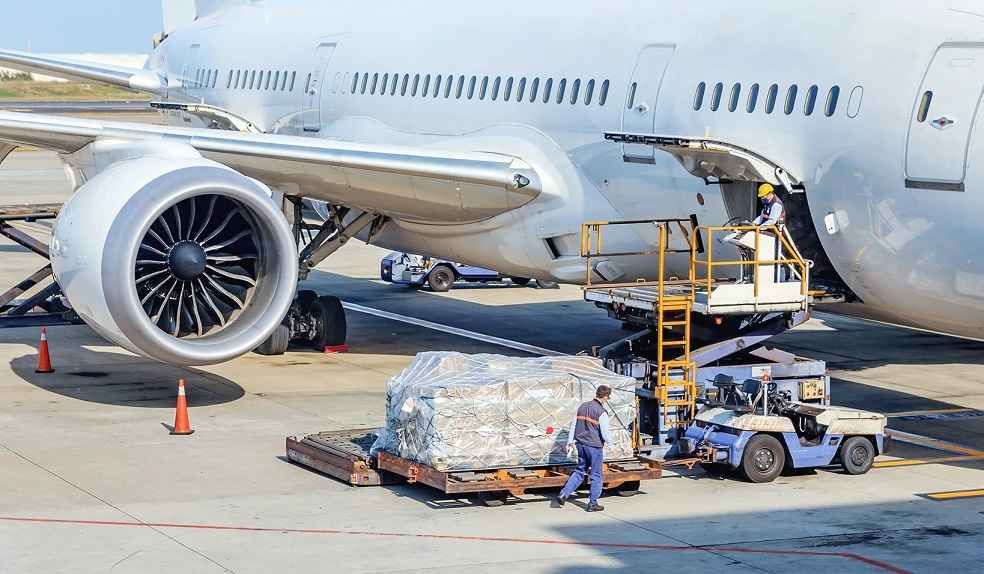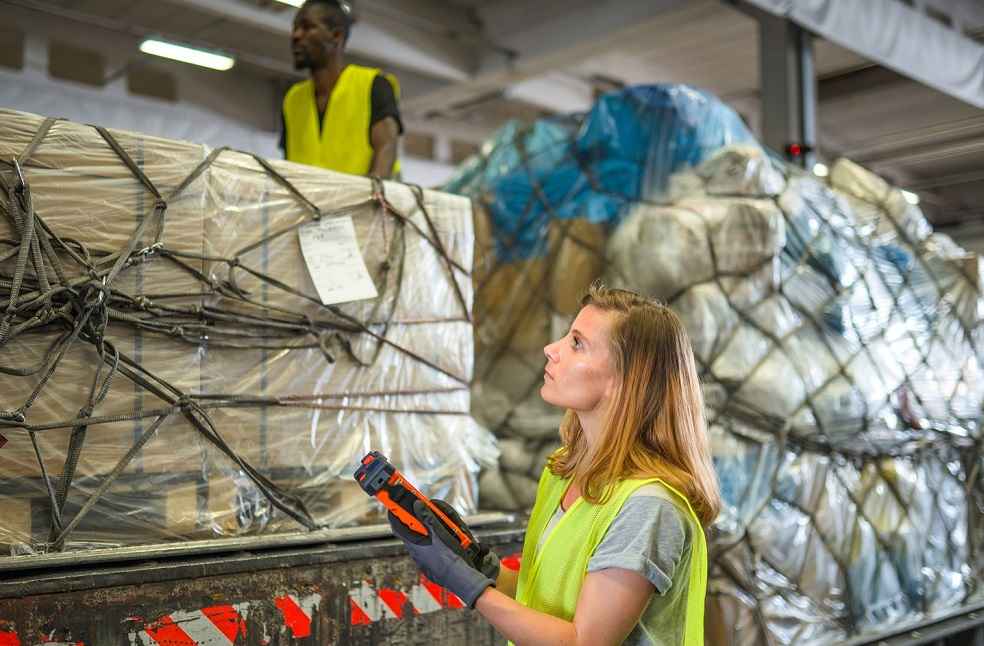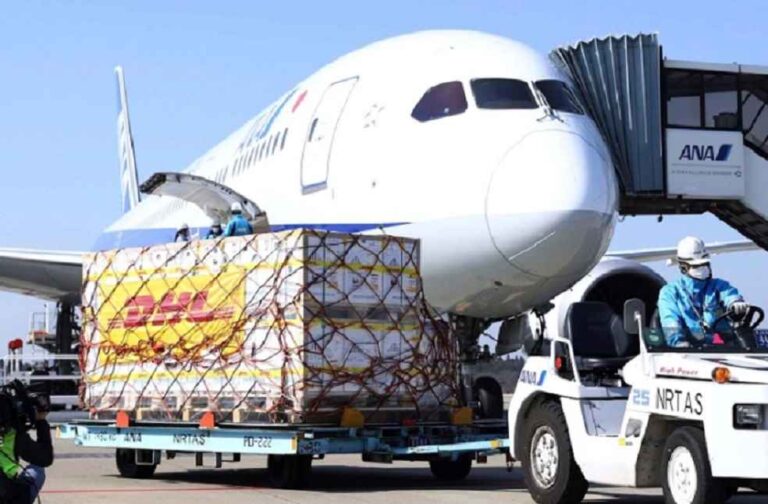Supplies of perishable and high-value goods to Britain face disruption for weeks following a global IT crash on Friday. The aviation industry is struggling to restore cargo services after the CrowdStrike blackout affected 8.5 million Microsoft computers worldwide, causing delays at airports and freight terminals.
Surge in Air Freight Usage
The use of aircraft to transport consumer goods to Western markets has surged due to shipping disruptions caused by attacks in the Red Sea and the aftermath of the COVID-19 pandemic. Manufacturers, seeking to diversify supply chains, have driven global demand for air freight up by as much as 15% annually, according to the International Air Transport Association.
Lasting Impact on UK Supply Chains
UK retailers and manufacturers, heavily reliant on air cargo, valued at £181bn annually for imports and exports from non-EU countries. It faces warnings of prolonged impacts on goods arriving in the country. PML, a major fresh produce importer, plans to double its warehouse space at Heathrow Airport by 2027. Pharmaceuticals, crucial for 175,000 patients relying on specialist medications produced abroad, also form a major portion of air freight.

Expert Warnings on Challenges
Marco Forgione, director general of the Chartered Institute of Export and International Trade, emphasized the integration of air freight in supply chains. He noted, “This has a knock-on impact, and unwinding the disruption [from the IT blackout] is going to take days, possibly weeks, to fully resolve.” This incident adds to the broader challenges facing global supply chains.
Niall van de Wouw, chief air freight officer for Xeneta, highlighted the existing capacity issues in the air cargo industry. With demand increasing by 13-15% annually and capacity only growing by 3%, the IT disruption could severely impact air supply chains, already under strain.
Ongoing Disruptions Across Airports
Cargo operators at major airports, such as Heathrow and Schiphol in Amsterdam, reported operational disruptions. Lufthansa’s cargo handling at Frankfurt and Munich airports was ‘heavily affected,’ while IAG Cargo at Heathrow acknowledged ‘minor disruptions.’

Shipping lines and ports also experienced temporary halts. Felixstowe, the UK’s busiest container port, and terminals operated by Maersk faced downtime. Mercedes Benz and Tesla reported temporary production stops due to IT issues.
Supply Chain Vulnerabilities Exposed
Logistics experts have long warned of supply chain vulnerabilities to external events, such as Red Sea shipping attacks by Iranian-backed Houthi rebels. The Suez Canal has seen shipping traffic drop by over half in the last nine months, with many ships rerouting via Africa, adding substantial travel distance.
Recent extreme weather around South Africa’s tip has further highlighted this route’s fragility, causing incidents like a ship running aground and another losing over 40 containers.
GLOBAL ROUNDUP | Jordan and Tunisia Launch New Era of Economic and Investment Cooperation



